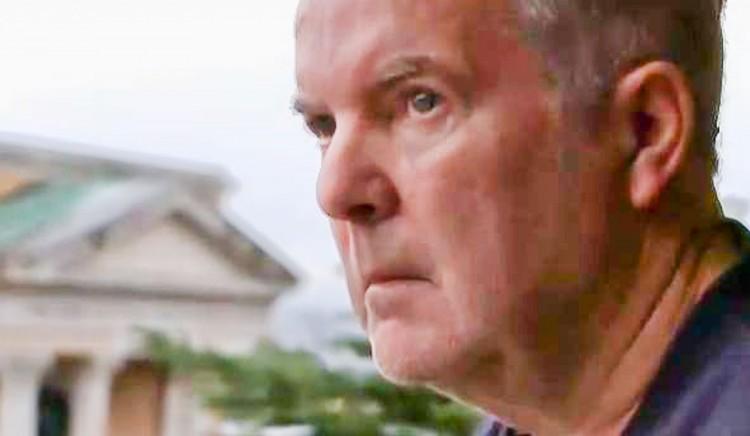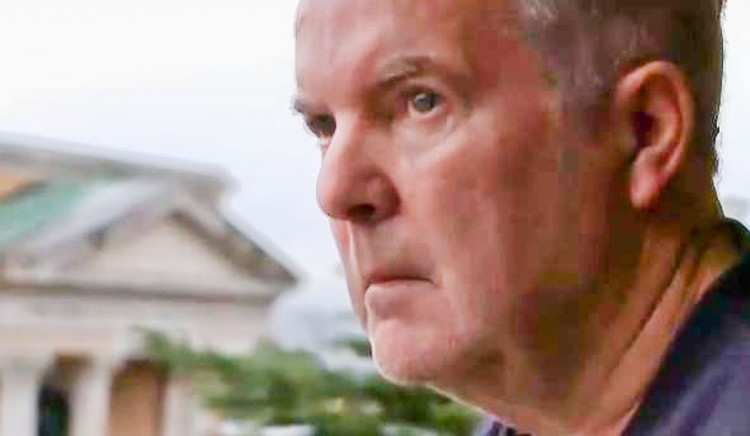Former governor dies: Booth Gardner, who served two terms as governor of Washington, died at the end of a nearly 20-year battle with Parkinson’s at the age of 76.
Former Governor Dies of Parkinson’s: Booth Gardner’s Legacy
Former governor dies: Booth Gardner, who served two terms as governor of Washington, died at the end of a nearly 20-year battle with Parkinson’s at the age of 76.

Former Washington Governor Booth Gardner in a screenshot of the 2009 film "The Last Campaign of Governor Booth Gardner" trailer. Gardner died on March 15 after a long battle with Parkinson's.
|Updated:






